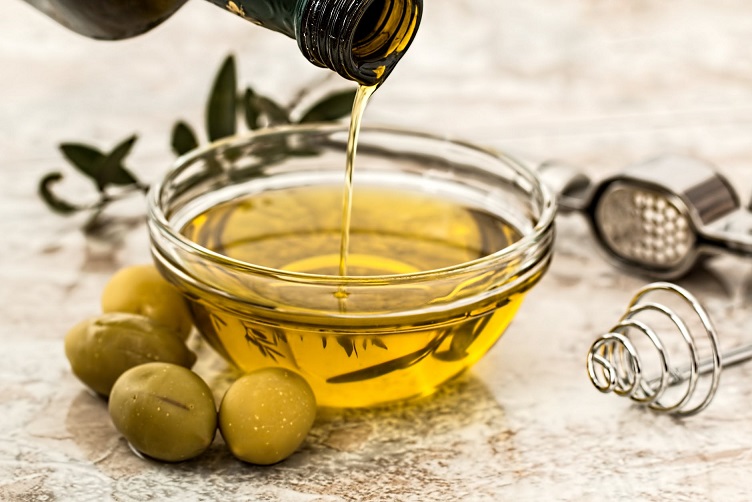Easy Tips to Help You Conquer a Vegetarian Keto Diet

It is estimated that as many as 160 million Americans are currently either overweight or obese. Although a basic vegetarian diet is considered to be one of the healthiest diets there is, you can boost your weight-loss efforts even more by putting a vegetarian spin on one of the most popular weight-loss diets of our time. Following a vegetarian keto diet will allow you to continue enjoying the health benefits of a vegetarian diet while also enjoying the amplified weight loss and reduced risk of serious diseases that a keto diet offer. Although a keto diet normally encourages the consumption of animal protein, it is easy enough to borrow principals from both the vegetarian and keto diet to formulate a healthy, effective diet filled with delicious nutrient-dense foods.
Cook with healthy oils, herbs, and spices
As fat is responsible for most of your calories on a keto diet it is essential to ensure you only use the healthiest options available to you. Healthy fats do not only typically taste better than processed vegetable and seed oils, but also improve the overall texture of your food and help you stay satisfied for longer. Good, keto-friendly fat and oils to opt for include coconut oil, avocado oil, olive oil, ghee, and butter. If your food is flavorless, chances are your cravings will intensify and you may end up making unhealthy food choices. Although it is easy to reach for the nearest condiment in your cupboard, don’t as they are generally filled with a variety of artificial colorants and flavorings. Instead, season your food with natural herbs and spices such as cinnamon, cayenne pepper, rosemary, basil, paprika, and mint.
Eat a healthy source of protein at every meal
On average, people following a keto diet require between 60 and 100 grams of protein a day. The easiest way for a vegetarian to reach this daily requirement is to combine keto-approved low-carb plant proteins with eggs and dairy to boost their protein intake. Luckily there are a number of superb protein sources, such as egg, Greek yogurt, and hemp seeds that a vegetarian can incorporate into a keto diet. Eggs are always a good choice as they are not known as the perfect protein for nothing. Not only are they easy to digest and full of choline, but they are also both economic and versatile. You can incorporate these, or any other good sources of protein such as cottage cheese, peanut butter, soft cheeses such as brie, hard cheeses like cheddar, and parmesan into every meal to stay on top of your protein requirements.
Don’t forget your low-carb veg
The Keto diet along with Atkins are essentially low-carb, so it is important to stick to vegetables that meet this basic requirement of the diet as much as possible. If you are looking for a more flexible and less strict diet plan, the Atkins diet may be a better choice for you than a straight-forward keto one. Regardless of your ultimate diet choice, there is a big variety of delicious and nutritious low-carb veggies that you can indulge in that will also boost your fiber intake and help you meet your micronutrient requirements. Spinach is rich in iron, magnesium, and potassium and contains only one single gram of carbs per serving. Other versatile low-carb options include cauliflower, Brussels sprouts, and avocado. Zucchini is also a great low-carb veg that can even be turned into noodles.
Giving a keto diet a vegetarian makeover can be easy, so long as you follow the basics of both of them into a simple, weight-shedding lifestyle.
This is a guest post on Ginger-it-Up and has been written & contributed by Jacklyn Collis. Thanks Jacklyn for this wonderful guest post.


